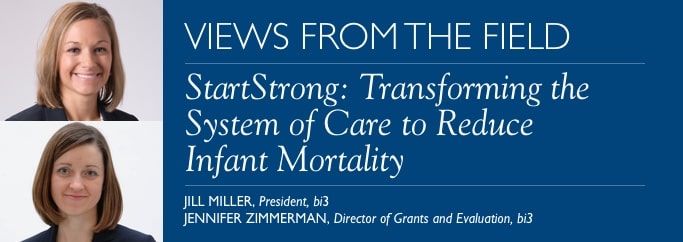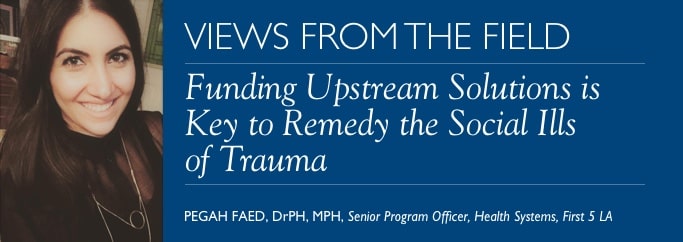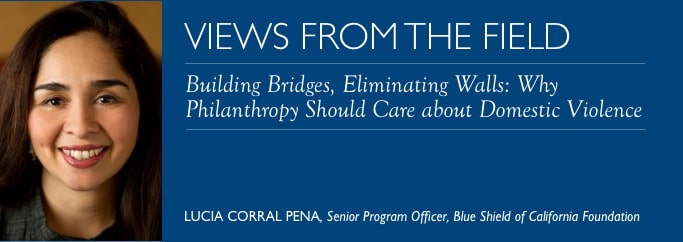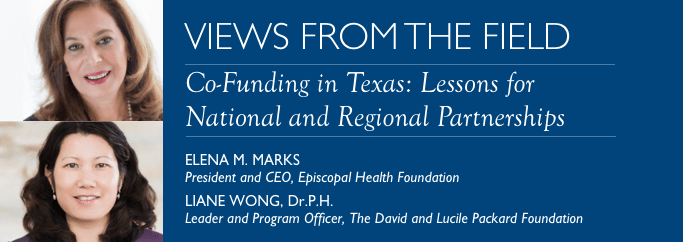StartStrong: Transforming the System of Care to Reduce Infant Mortality
It is a dichotomy to think that the United States, with the sophisticated medical care available here, has higher infant mortality rates than most other developed countries. A higher rate of premature births in the United States is the main reason for this poor ranking.
Funding Upstream Solutions is Key to Remedy the Social Ills of Trauma
The root cause philanthropy cannot ignore, regardless of the outcomes we seek or the population we serve, is exposure to trauma. Trauma is defined as the effects of a single event, a series of events, and ongoing circumstances that are experienced or perceived as physically or emotionally harmful and life threatening.
Health Care for Youth Transitioning Out of Foster Care
On this webinar, funders heard about the range of health care issues these young people face, examples of programs that assist them, and the ways in which philanthropy is making a difference in their lives.
Building Bridges, Eliminating Walls: Why Philanthropy Should Care about Domestic Violence
Though domestic violence touches so many lives, there are still too few who are working to prevent its detrimental effects on those who struggle the most.
Fifth Annual Public-Private Collaborations in Rural Health Meeting
The fifth annual Public-Private Collaborations in Rural Health meeting was from June 1-2, 2017 in Washington, D.C.
The Election’s Implications for CHIP and Children’s Coverage
Attendees discussed the election’s implications for the Children’s Health Insurance Program (CHIP) and children’s coverage.
Co-Funding in Texas: Lessons for National and Regional Partnerships
When grantmakers partner on issues of mutual concern, they can leverage their funds in ways that make significant progress at the emerging intersection between health and early childhood.
Chronic Absenteeism: What Are We Missing?
This webinar explained why chronic absenteeism is of interest to health funders, how philanthropy and federal agencies are tackling the issue, and how foundations and corporate giving programs can become involved in driving solutions.
Building Healthy Communities: Reducing Children’s Exposure to Environmental Toxins
This webinar discussed how exposure to environmental toxins effects the health of all children, why they are often an unseen barrier to the work of health funders, and how grantmakers can incorporate an environmental health lens into their efforts to build healthier communities.





